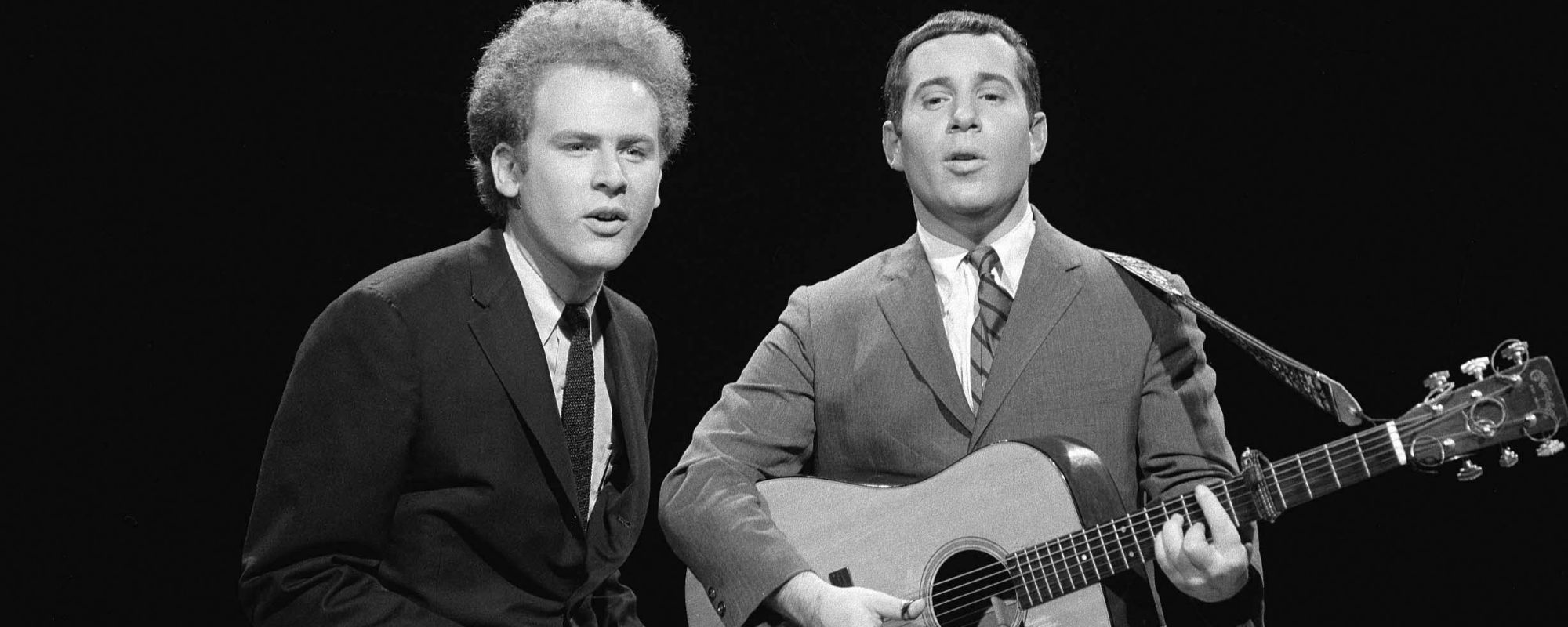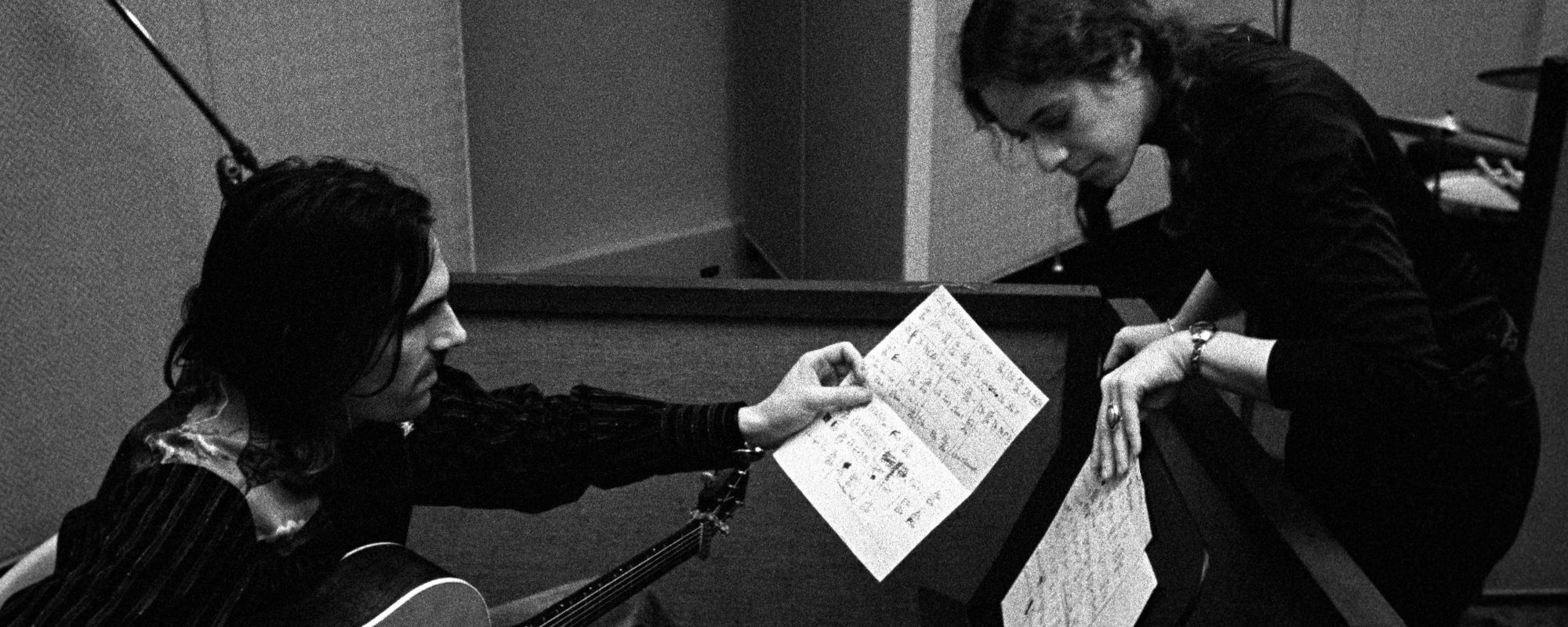Sometimes, what starts as a professional obligation can turn into a major career boost, as Joni Mitchell learned after producing an album to fulfill a contractual obligation that ended up giving her some musical credit she didn’t originally intend to advocate for (despite feeling like the album was an obvious return to her sonic roots). In the end, the album Mitchell made reluctantly would bolster her reputation in genres outside of folk and pop.
Videos by American Songwriter
As much as Mitchell felt like her record label had worn her down to cut the record, it ended up being an overwhelming positive for the songwriter’s musical legacy.
Joni Mitchell Wrote This Album Out Of Contractual Obligation
Joni Mitchell has always fearlessly marched to the beat of her own drum, even if that meant breaking away from the traditional artist roles in the music industry. Whether in her compositions or her business dealings, Mitchell always stood by her innermost values and preferences. But of course, the music business is a business, and this headstrong attitude landed Mitchell in many confrontations with her record label. This was especially true during a particularly quiet part of her career around the late 1990s and early 2000s.
“I wasn’t writing,” Mitchell recalled to New York Magazine. “The business had just worn me down to where I couldn’t write and didn’t want to write. There was no public recognition for my work and none at my record company. It was the same frustration that Van Gogh and Gaugin felt when I read back on them.” To fulfill her contractual obligation to her record label, Mitchell recorded an album of standards and new arrangements of classic originals like “A Case of You” and “Both Sides Now.”
Two years later, Mitchell’s opinion of the record industry clearly didn’t soften. Labeling the entire business as a “corrupt cesspool,” Mitchell’s public statement in 2002 laid out her opinion of the music industry in no uncertain terms. “I’m quitting because the business made itself so repugnant to me. Record companies are not looking for talent. They’re looking for a look and a willingness to cooperate.”
Despite Her Initial Reluctance, The Album Turned Out To Be A Success
As irksome as Joni Mitchell found the entire production process for Both Sides Now to be, the album proved an excellent win for the Canadian singer-songwriter. Her seventeenth studio album won the Grammy Awards for Best Traditional Pop Vocal Album and Best Instrumental Arrangement Accompanying Vocalist(s) in 2001. Both Sides Now also won a Juno Award for Vocal Jazz Album of the Year. Outside of the accolades and shiny trophies, Mitchell also earned some musical cred among jazz heroes she admired.
“I think people were surprised that I’d absorbed standards,” Mitchell told New York Magazine. “People just assumed that I didn’t understand that. I don’t think I proved myself to guys like Herbie Hancock until I did standards.”
Mitchell previously worked with Hancock during her collaborations with jazz icon Charles Mingus, and the pair collaborated again several years after Both Sides Now on her 2007 release, River: The Joni Letters. “People don’t know that jazz is very much a part of her history,” Hancock said in an interview with Andy Hamilton. “When she was young, she got turned on to jazz. Today, you can really hear the influence of Billie Holiday in her singing.”
Photo by John Shearer/WireImage













Leave a Reply
Only members can comment. Become a member. Already a member? Log in.